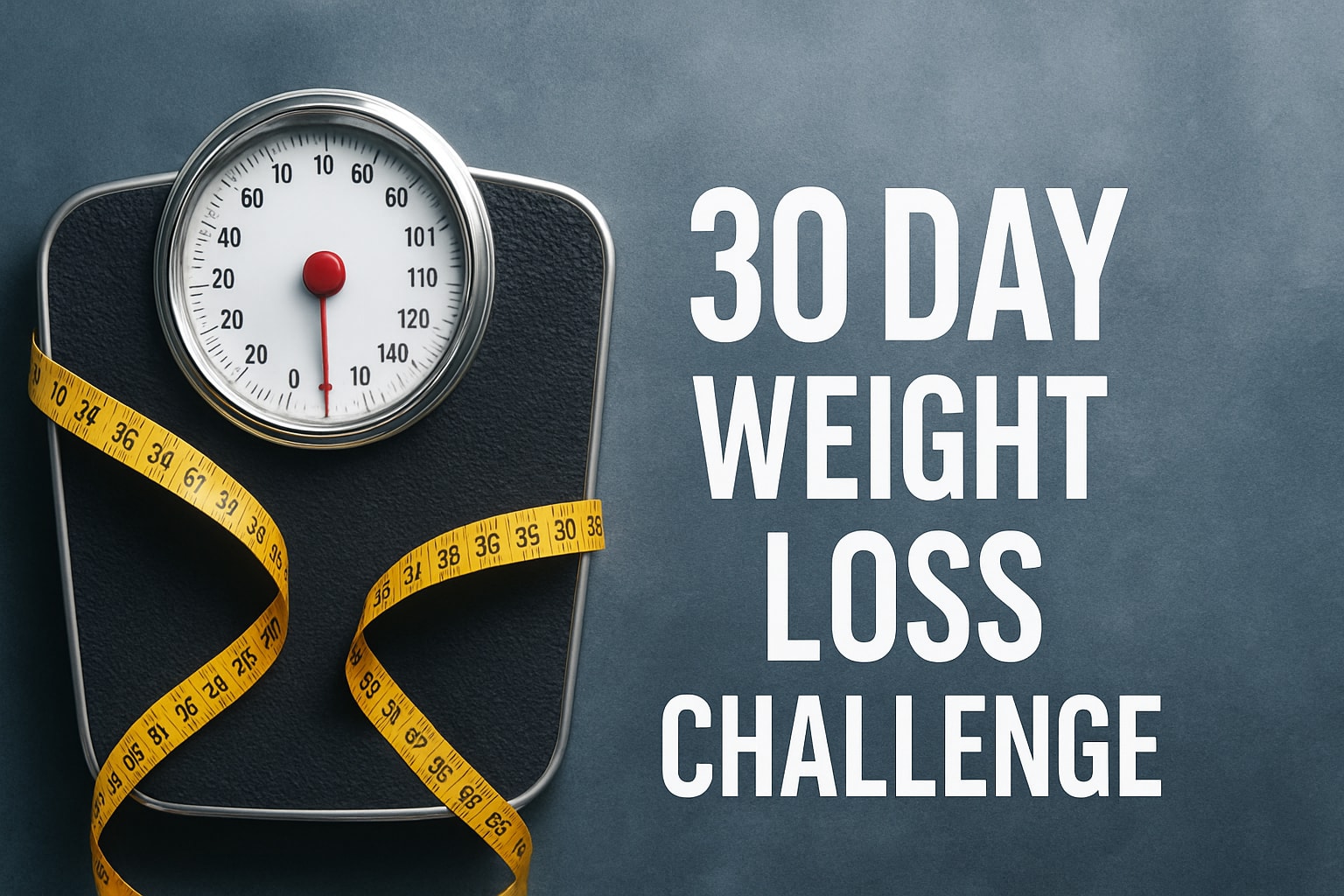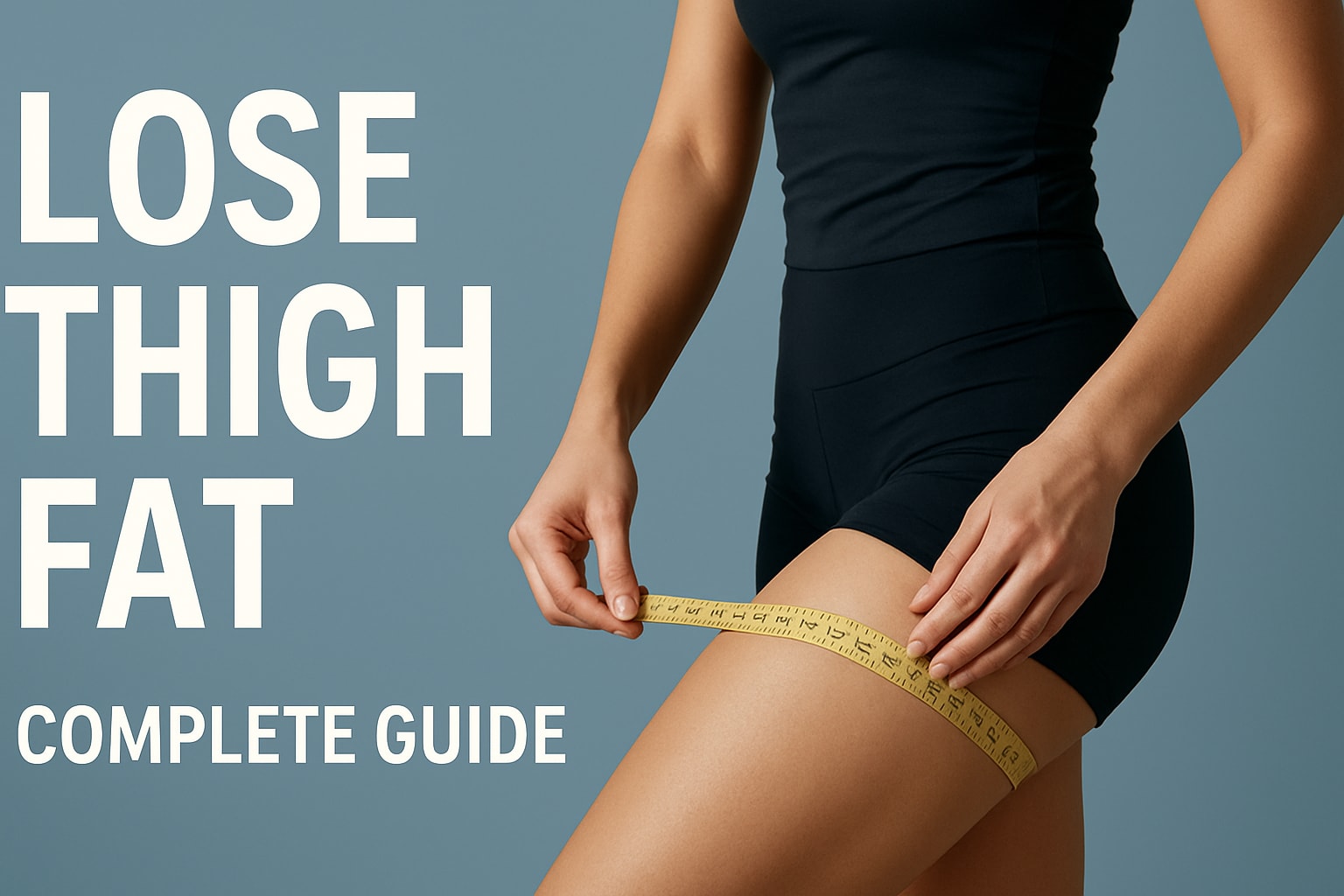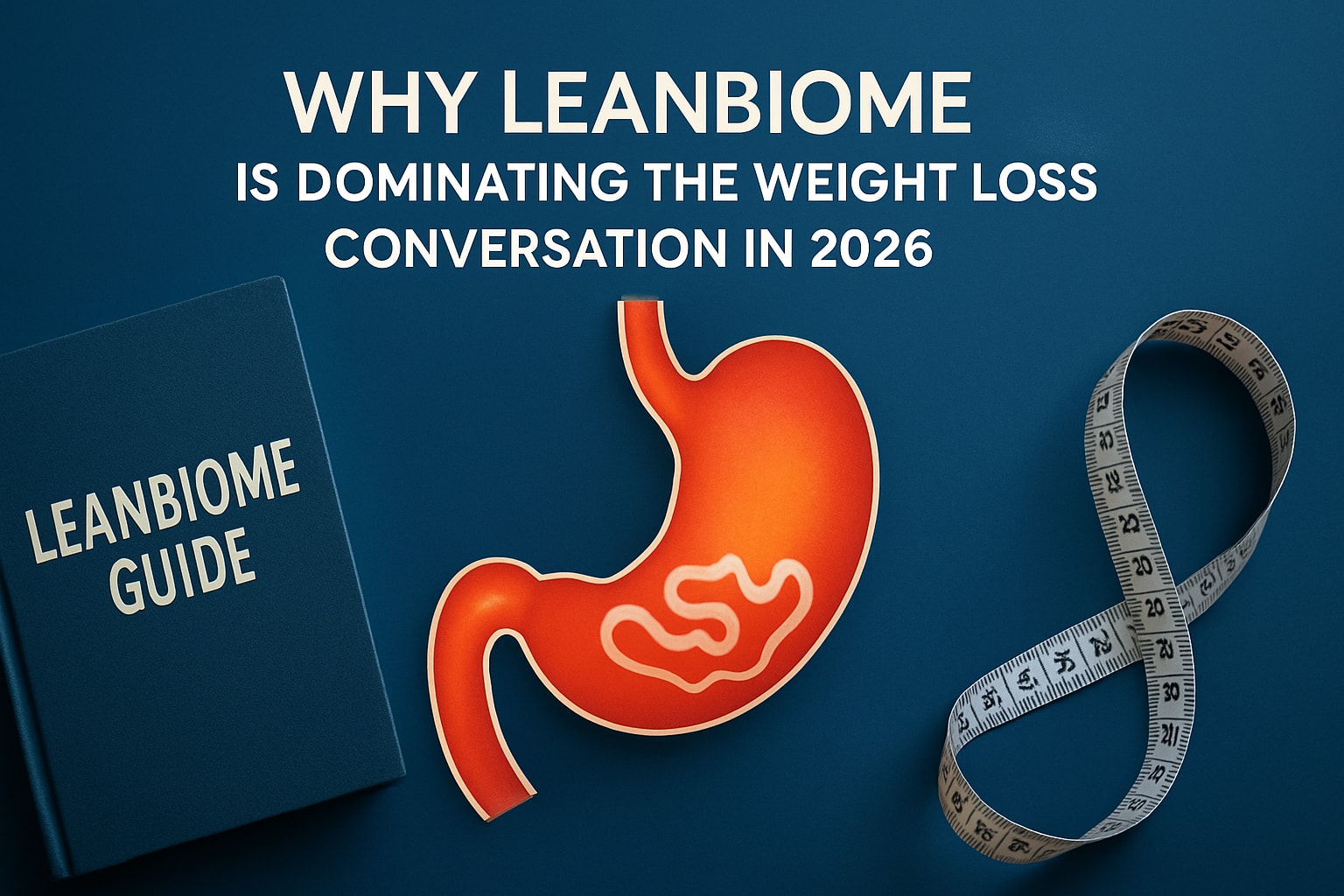Insomnia leaves millions struggling to achieve the restful sleep they need. While mainstream remedies like melatonin supplements and over-the-counter sleep aids offer quick fixes, they often fall short because they only address symptoms without tackling underlying mental states and anxiety that disrupt restful sleep.
Sleep hypnosis offers a promising alternative by promoting deep relaxation techniques that help individuals release tension and reframe their thoughts, ultimately fostering healthier sleep patterns. Oneleaf, a self-hypnosis app, provides safe and effective techniques that can be easily practiced at home.

Most Sleep Aids Address Symptoms, Not the Root Cause
Mainstream remedies often prioritize quick fixes but aren't always effective or sustainable over time. Melatonin supplements and over-the-counter medications like diphenhydramine (Benadryl) or doxylamine (Unisom) provide some relief, but their side effects and inconsistent results can leave users frustrated. Prescription medications like zolpidem (Ambien) and eszopiclone (Lunesta) may help but carry risks like dependence and next-day grogginess. Meanwhile, using alcohol or binge-watching Netflix might initially relax you, but they can ultimately disrupt sleep quality.
Because of these limitations, many people have turned to meditation and self-hypnosis. These methods promote peace of mind and help you relax fully, addressing the underlying mental states that hinder restful sleep. They offer a more natural and lasting approach to getting the quality rest you deserve.
How Does Sleep Hypnosis Compare?
Work-related stress, financial concerns, and strained relationships can all make falling asleep challenging. Negative associations with past sleep failures and the bed itself often increase anxiety at bedtime. Additionally, anxiety disorders, depression, and PTSD can severely disrupt sleep patterns.
Sleep hypnosis tackles these psychological factors through deep relaxation and guided visualizations that reshape one's relationship with sleep. Traditional winding-down techniques like reading or bathing may relax the body but often fail to calm the mind. Hypnosis bridges this gap, offering a practical solution that directly addresses mental states, helping individuals fall asleep more easily.
A recent study found that sleep hypnosis improved sleep quality for over 75% of participants, while another study showed significant reductions in bedtime anxiety. More on these studies below.
Study 1: The Impact of Hypnosis on Chronic Insomnia
A study published in the International Journal of Clinical and Experimental Hypnosis examined the impact of hypnosis on individuals with chronic insomnia. Led by Dr. Elvira Lang, this study involved 36 participants who had experienced insomnia for over a year. They underwent six weekly sessions of sleep-focused hypnosis. The results showed that participants had a significant reduction in the number of awakenings during the night and reported an overall increase in sleep efficiency by up to 30%. These findings highlighted the value of hypnosis as a viable treatment for insomnia.
Study 2: Hypnosis and Deep Sleep
A Swiss study led by Dr. Björn Rasch and published in Sleep explored the effects of hypnosis on slow-wave sleep (deep sleep). Participants showed an average increase of 80% in the time spent in slow-wave sleep after a single session of sleep hypnosis. The remarkable improvement in restorative sleep was measured using polysomnography, which tracks brain wave activity during sleep.
Study 3: Sleep Hypnosis for Relaxation and Anxiety Reduction
A study by Dr. David R. Spiegel at Stanford University found that participants who used sleep hypnosis for relaxation and anxiety management experienced up to a 50% decrease in bedtime anxiety. This translated to significant reductions in nighttime awakenings, leading to easier sleep onset and better quality rest as reflected in participants’ sleep diaries and self-assessment questionnaires.
Famous People Who Endorse Sleep Hypnosis
Sleep hypnosis has garnered attention not just among the general public but also from several notable individuals. Actress Jessica Alba has praised guided hypnosis for helping her with relaxation and managing her anxiety, which ultimately improved her sleep. British TV host Holly Willoughby has also expressed her reliance on sleep hypnosis recordings to fall asleep quickly. Similarly, comedian Ellen DeGeneres has spoken positively about how self-hypnosis techniques allowed her to manage stress and improve her quality of sleep.
These public endorsements have contributed to raising awareness about sleep hypnosis and how it can provide restful nights and mental clarity.
How Do You Get Started with Sleep Hypnosis?
“I have the power to master my sleep and elevate my life.” Session 1 of Oneleaf’s Sleep Better program.
Getting started with sleep hypnosis is simpler than you might think. While working with a professional hypnotherapist can be beneficial, it's not always necessary. Many people find success using self-hypnosis techniques at home. Guided sessions and tools are accessible through audio tracks or apps like Oneleaf.

Oneleaf offers a six-part self-hypnosis series designed to help people achieve restful, uninterrupted sleep:
Part 1: Effortlessly Transition into Deep, Restful Sleep:
Learn how to smoothly enter a state of deep sleep using guided visualizations and calming affirmations.
Part 2: Release Mental and Physical Tension:
Reduce stress and physical tension that inhibit sleep, fostering a state of relaxation that promotes optimal sleep conditions.
Part 3: Gain Techniques for Managing Stress and Anxiety:
Master techniques for managing daily stress and anxiety to create a calm mindset that's conducive to falling asleep quickly.
Part 4: Navigate Nighttime Awakenings with Ease:
Develop strategies to navigate nighttime awakenings and effortlessly return to sleep.
Part 5: Implement Expert-Recommended Practices:
Explore practices recommended by experts that lead to lasting sleep improvements over time.
Part 6: Rediscover Your Innate Ability to Embrace Nourishing Sleep:
Reconnect with your natural ability to embrace nourishing, rejuvenating sleep and wake up feeling refreshed.
Each of the six parts features six 30-minute sessions focusing on crucial topics. For the Going to Sleep module, it has these sessions:
- Deep sleep with ease - 37 minutes
- Releasing negativity - 36 minutes
- Releasing attention to pain - 37 minutes
- Extended deep sleep session - 46 minutes
- Emergency work unwind - 34 minutes
- Dream setting - 34 minutes
Think of it as a mini-course on improving sleep that you’re taking while you're in a relaxed, dreamlike state. This self-guided approach to sleep hypnosis empowers individuals to overcome their sleep challenges and create a sustainable path to restful nights.
Download the Oneleaf App
Scientific research supports sleep hypnosis as an effective treatment for insomnia. By addressing underlying mental states and promoting deep relaxation, hypnosis can help those struggling with sleep challenges achieve the rest they need. Self-hypnosis provides a practical and safe way to start, and the Oneleaf app can guide users through accessible techniques to improve their sleep quality and overall health journey.

















